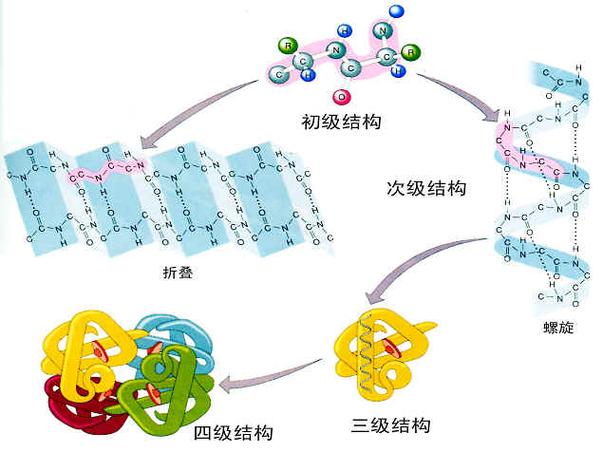Without the cell, they are nothing more than interesting chemicals. But without the chemicals, the cell has no purpose. As the physicist Paul Davies puts it, "If everything needs everything else, how did the community of molecules ever arise in the first place?" It is rather as if all the ingredients in your kitchen somehow got together and baked themselves into a cake—but a cake that could moreover divide when necessary to produce more cakes. It is little wonder that we call it the miracle of life. It is also little wonder that we have barely begun to understand it.

So what accounts for all this wondrous complexity? Well, one possibility is that perhaps it isn't quite—not quite—so wondrous as at first it seems. Take those amazingly improbable proteins. The wonder we see in their assembly comes in assuming that they arrived on the scene fully formed. But what if the protein chains didn't assemble all at once? What if, in the great slot machine of creation, some of the wheels could be held, as a gambler might hold a number of promising cherries? What if, in other words, proteins didn't suddenly burst into being, but evolved .












